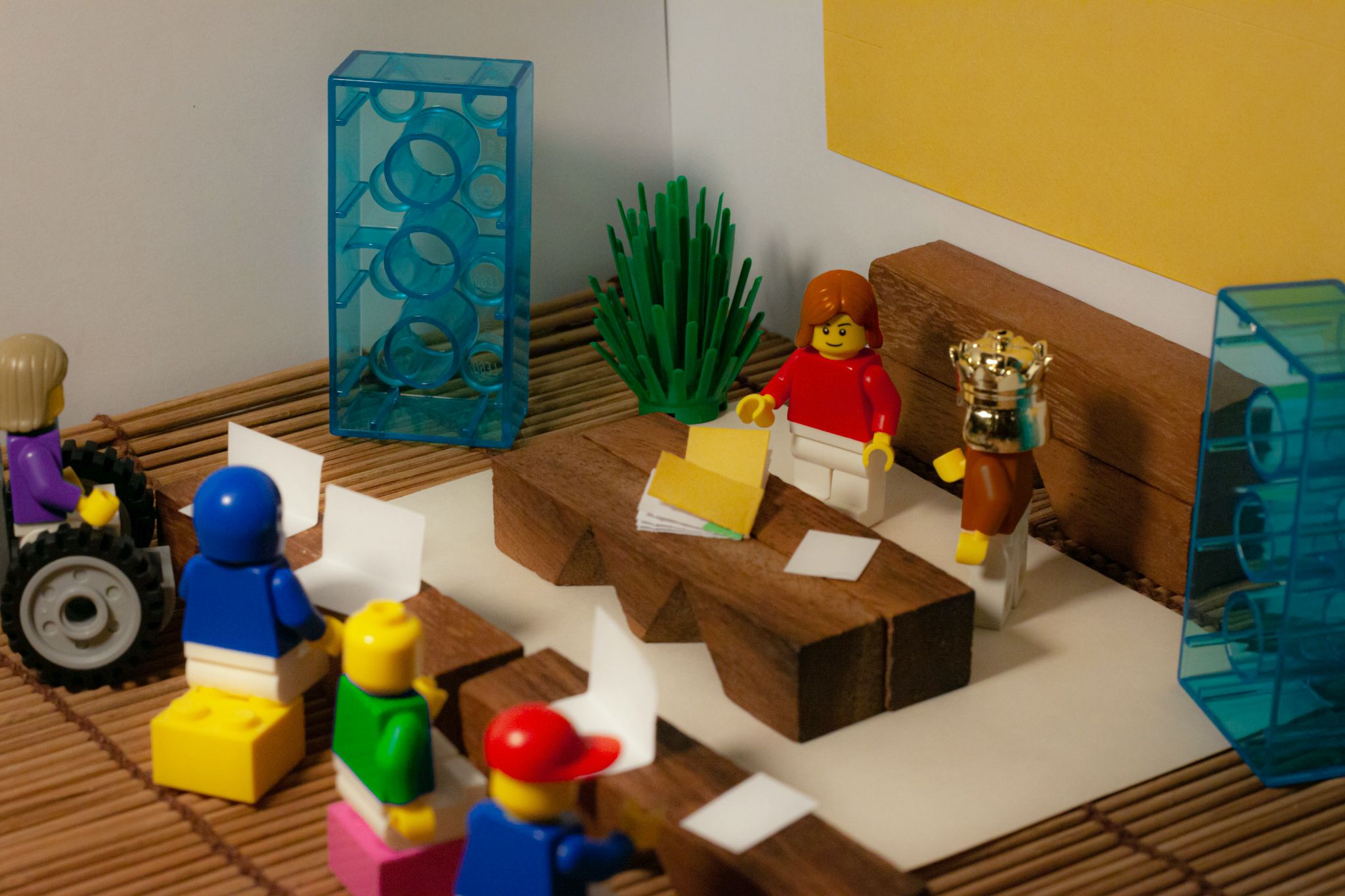Callum, a Leeds Beckett University graduate of BSc (Hons) Creative Media Technology, graduated in 2019. A 9-month work placement at a media agency during his studies went really well, but once he had graduated his new employer was unwilling to even discuss reasonable adjustments. After just 3 weeks, Callum left his job, having lost all confidence in himself. He then set up his own company, with his mum, offering web development, web accessibility training and consultancy.

Callum, a Leeds Beckett University graduate of Creative Media Technology, graduated in 2019. He previously had a positive experience at a media agency during his work placement, the company knew he was autistic and Callum felt relaxed in this environment due to the small size and the low pressure. He didn’t feel that he needed to ask for any adjustments.
Upon graduation he received a LinkedIn invitation from a CEO of a different media agency, and was invited to interview. He was successful in gaining the job and started working there the following month, considering his previous experience at a similar company, he chose not to ask for adjustments initially.
At this job, Callum was placed in a role where he was talking to clients and all his activities were tracked in real-time. He felt that he didn’t have enough support or training. This inhibited his performance and he often made silly mistakes.
Callum felt under pressure and chose to ask for adjustments. He mentioned his anxiety surrounding working to a timescale and asked if anything could be done to support him. Unfortunately, the adjustments were refused and he received a performance warning. After just 3 weeks working at the media agency, Callum left the company, having lost all confidence in himself.
What Happened Next?
After leaving his job at the media agency, Callum had decided he didn’t want to work for a line manager anymore and wanted to start his own company. His Mum was already a copywriter, a skill which complemented Callum’s skills as a web developer. They decided to join together and run a business together, Callum designing and developing websites, his Mum writing the content.
At the beginning of the COVID-19 lockdown, clients no longer needed the services Callum and his mum had to offer, due to the uncertainty and budget constraints. Without any work, Callum and his Mum reflected on the business they were running and realised that focusing on the accessibility aspects of websites was a niche in the market. This led to the development of KreativeInc agency, an agency offering web accessibility training and consultancy, accessible website design and development and web accessibility audits (see https://kreativeincagency.co.uk/).
Callum is feeling much more positive about his current working situation, being able to work flexible hours and in flexible locations and knowing that he can be completely honest if he feels uncomfortable with his work, thanks to working with his Mum. His own autism gives him a unique and valuable perspective on web accessibility. He also enjoys that he is creating his own business vision, rather than working towards someone else’s.
What are the future plans?
The development of KreativeInc is still in the early stages, though the business is showing promise. Callum and his mum will be looking to employ one or two other people to help with the workload, and hope to expand further in the future.
Tips for current students and graduates
- Ask for a tailored workplace assessment to make the workplace more autism friendly.
- Ask for a reasonable adjustment plan prior to starting your new job, you are entitled to this as an employee.
- Be clear about your needs and preferences so that you can drive the discussions around reasonable adjustments.
Tips for Students and Graduates Starting a Business:
- Team up with somebody who has experience in running a business and also understands autism.
- Never be discouraged by setbacks, see them as opportunities for positive growth.
Tips to share with employers
- Participate in neurodiversity training to gain a better understanding of autism and how to make your workplace more autism friendly.
- Offer reasonable adjustments to your employees, they are entitled to this. Most reasonable adjustments are low cost and low effort.
- Ask your employees what would help them be more productive and accommodate these suggestions where possible.
- Have open conversations about what can and cannot be done, be realistic.
- Ensure your employees are happy with the training they have received. You may need to be more patient with autistic employees, buth the return on investment will be worthwhile.

 Back
Back